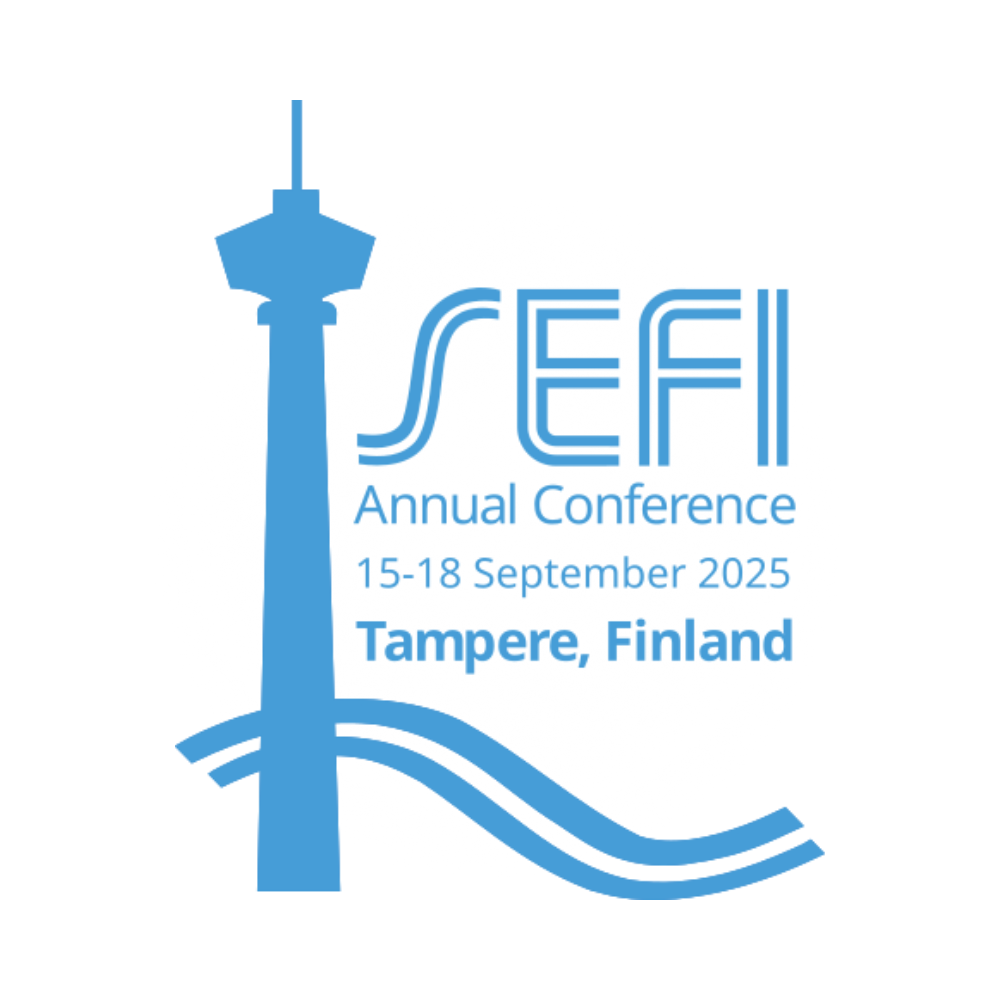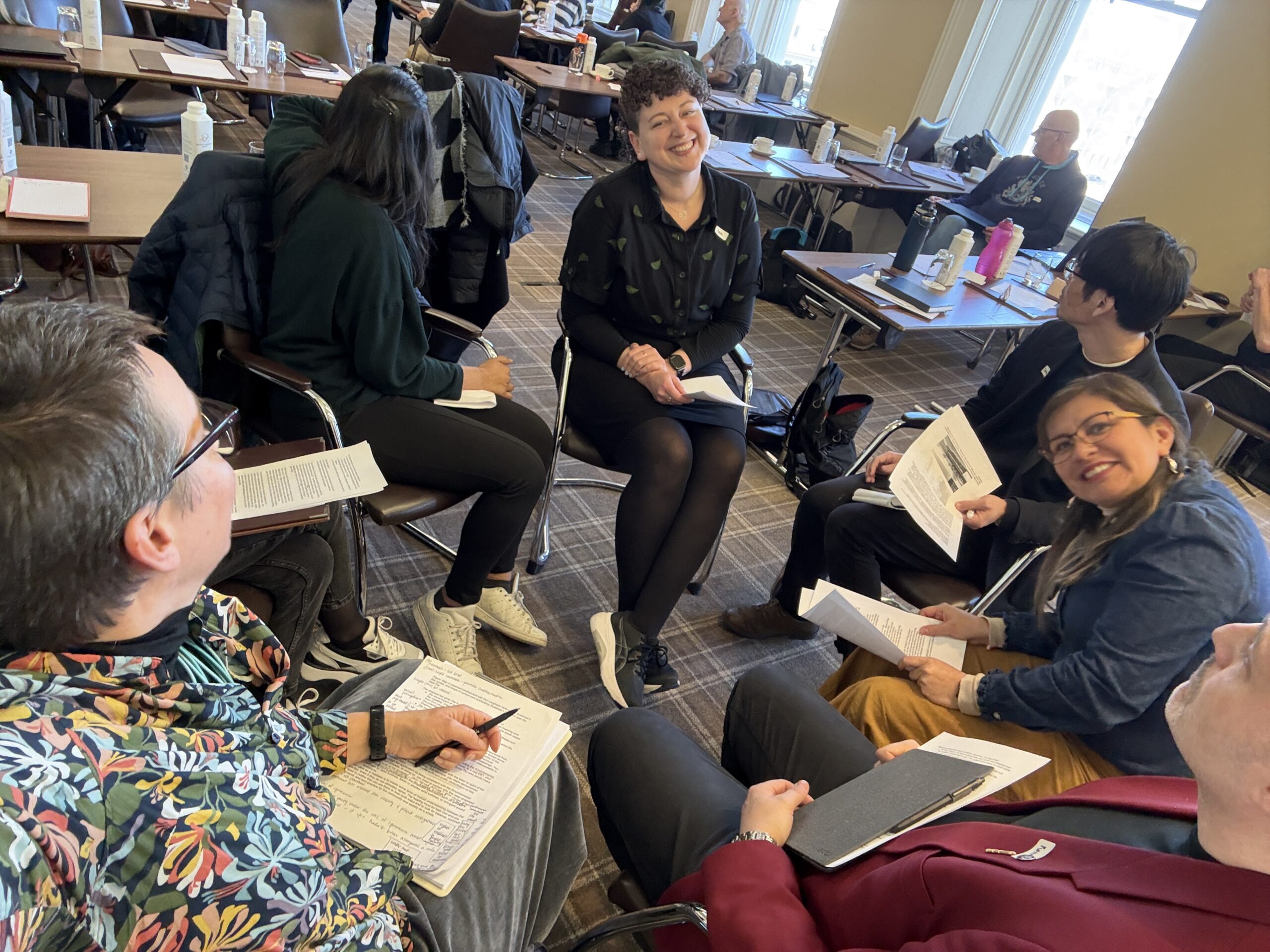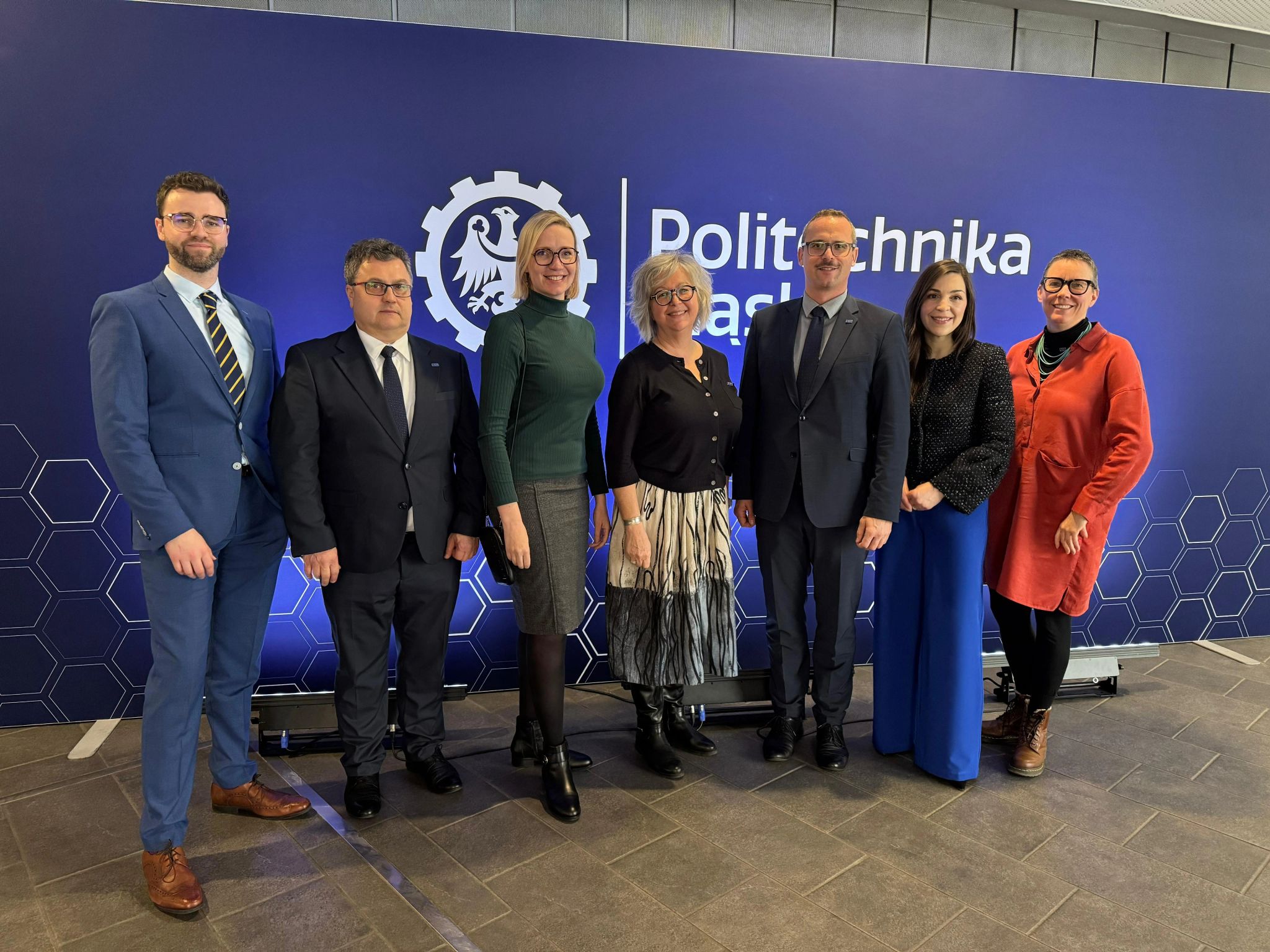We are excited to announce that registrations for the 53rd SEFI Annual Conference are now…
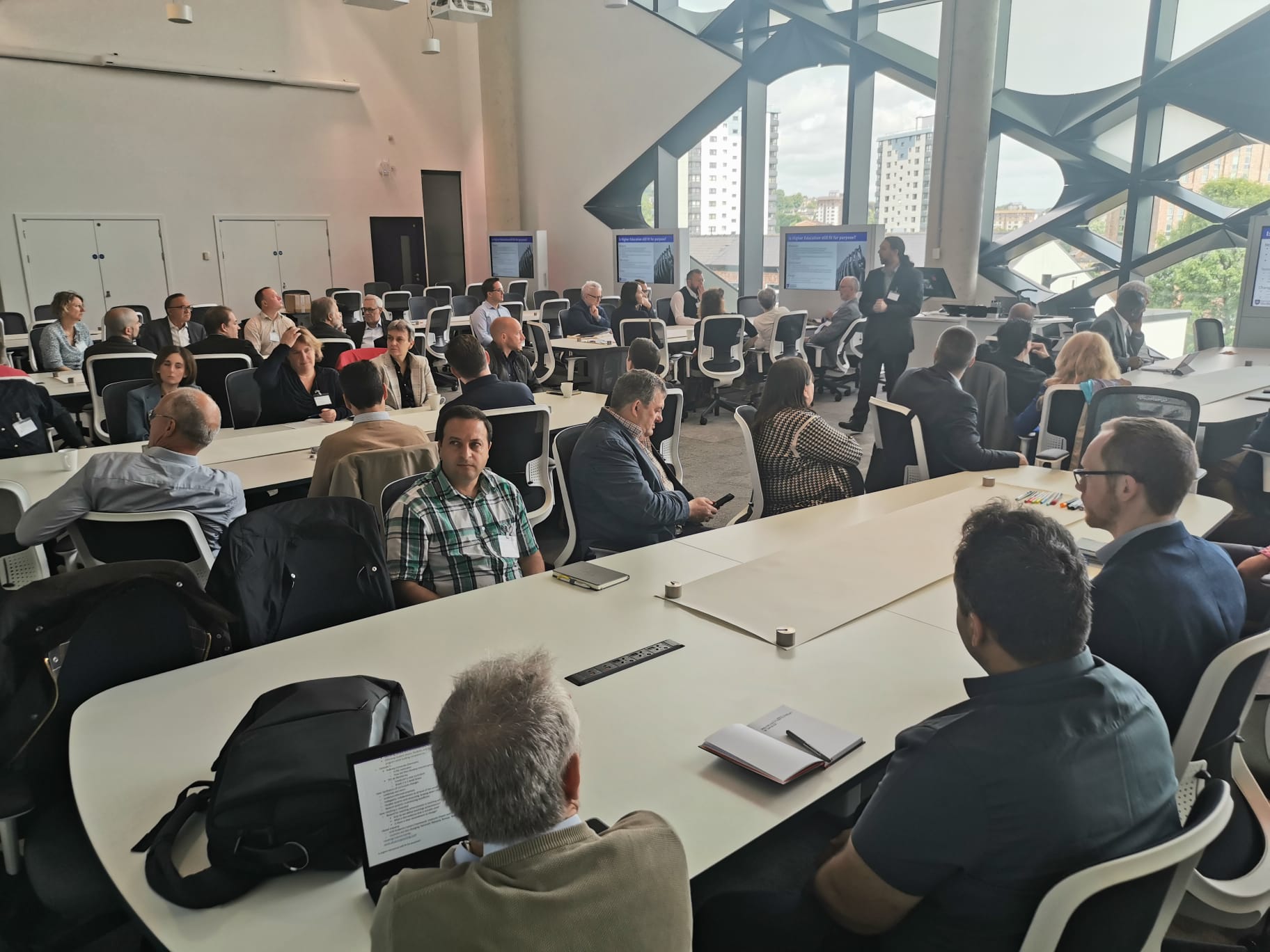
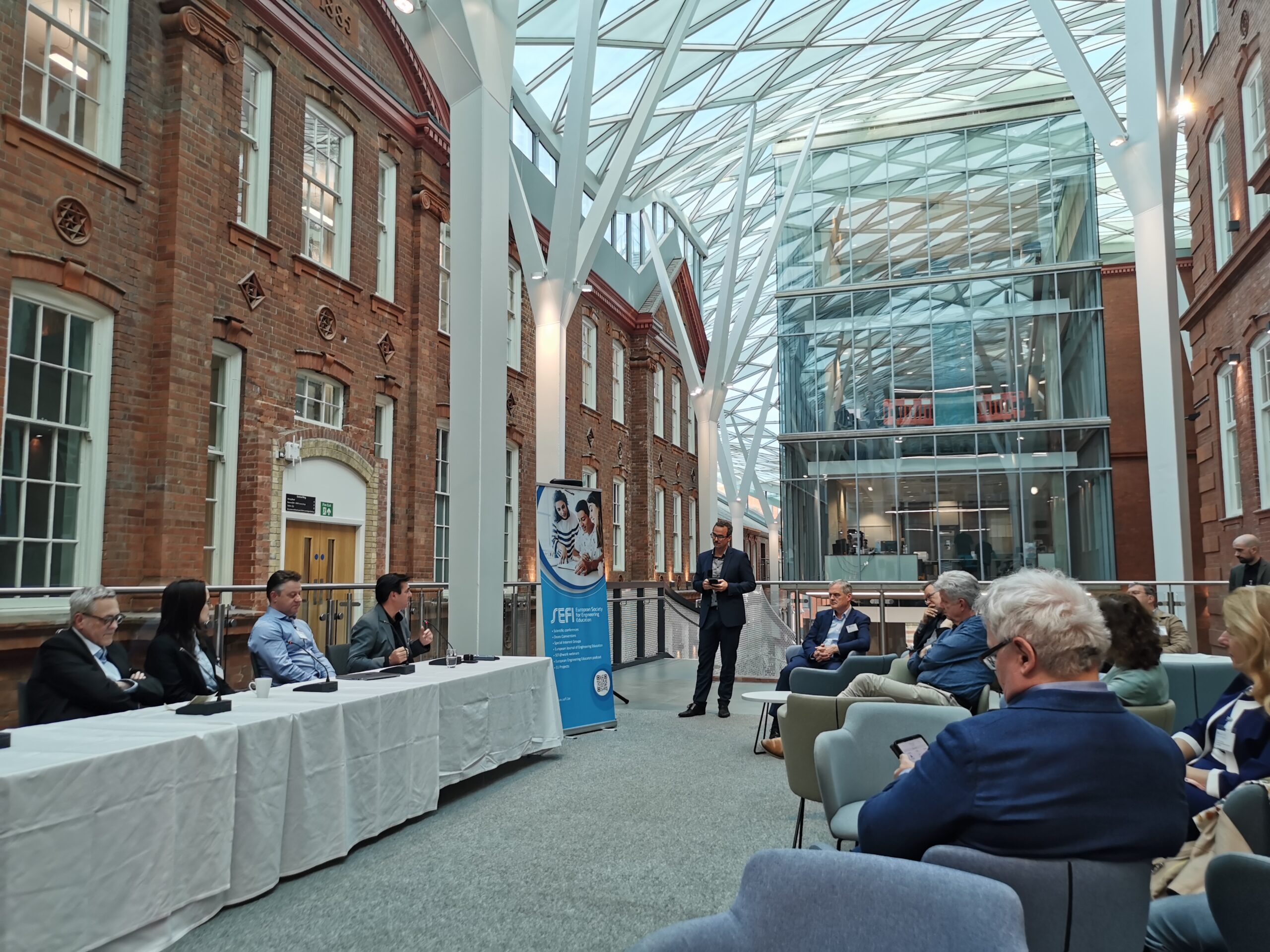
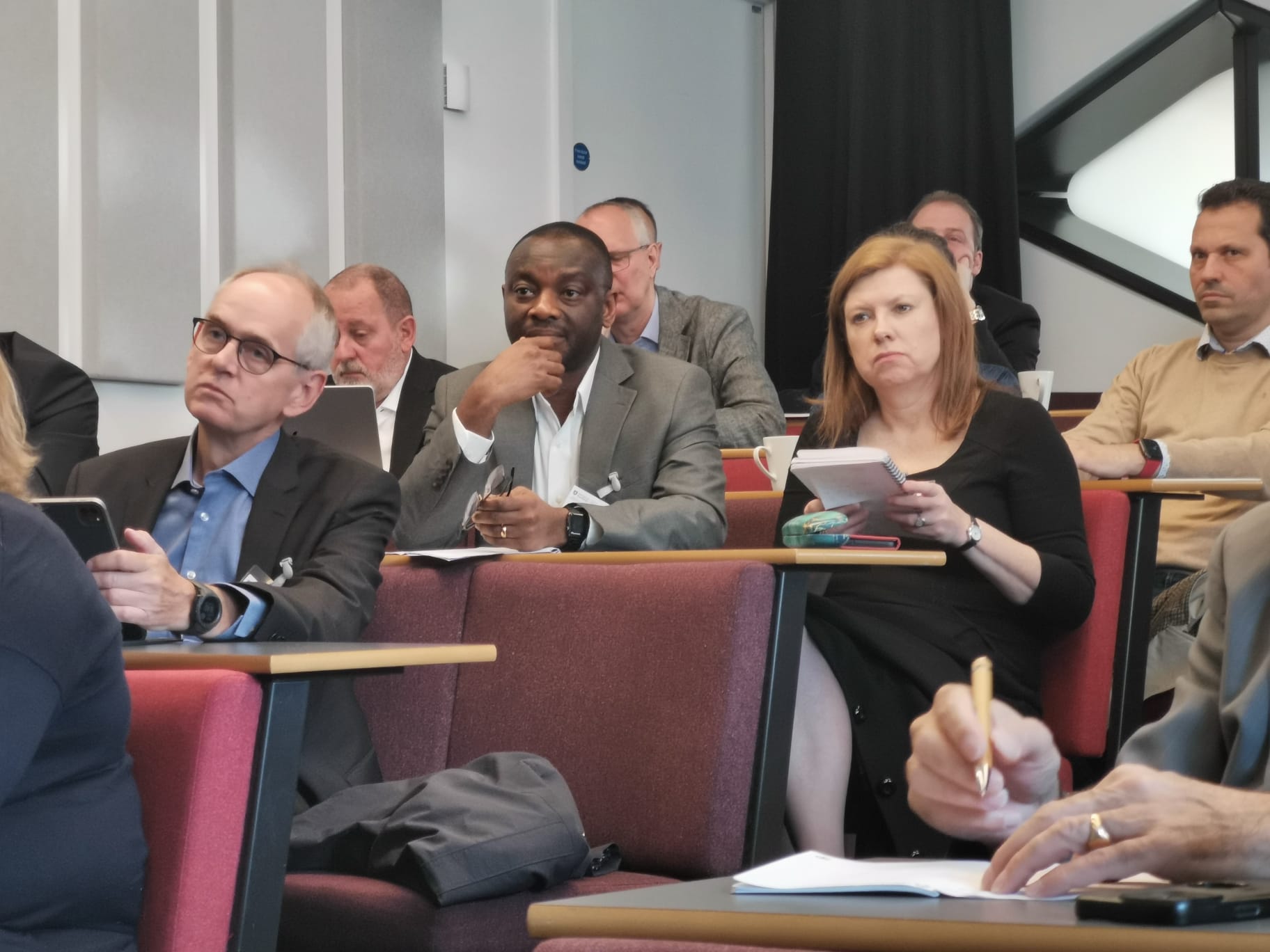
Last 12-14 June 2024, we had our annual SEFI Deans Convention at The University of Sheffield. The topic was provocative “Is higher education still fit for purpose” and we delved into the intricacies of institutional change from the perspective of academic leadership. The keynote speakers – Ruth Graham, Sirin Tekinay, Euan Lindsay, Christian Lerminiaux, and Dirk Bochar brought good food for thought for all participants. See below their respective presentations.
SEFI Deans Conventions also facilitate networking and there were many interactive sessions and rich social programs.
We want to thank our sponsors and their representatives for their support and for bringing the industry point of view to our event: Dassault Systèmes, MathWorks, Ansys, Autodesk, Knovel, McGraw Hill and Quanser.
KEY TAKEAWAYS:
The discussions focused on three main themes: structural, technological, and change-related challenges and opportunities in higher education.
Structural Challenges:
- Traditional Hierarchies and Silos: Traditional academic hierarchies and silos were examined for their potential to inhibit innovation and interdisciplinary approaches. It was argued that these structures
cansometimes prevent the implementation of new ideas and collaborative teaching methods. However, they can offer stability and established frameworks that, if managed correctly and awareness is adequately raised, can support innovation. - Opportunities within Traditional Structures: The present deans acknowledged that while traditional structures can be barriers, they also present opportunities for improvement that are often overlooked. The need for a balanced definition of academic freedom that supports collective educational goals avoiding anarchy driven by individuals was highlighted.
Technological Challenges:
- Institutional Inertia vs. Agile Approaches: The rapid advancement of digital technologies, particularly AI, poses a challenge to the traditionally slower-moving academic institutions and course programs. There was a call for these institutions to become more agile, embracing technological changes thoughtfully to enhance education without completely replacing the human element of teaching.
- Embracing Digital Advances: It was emphasized that digital tools should be integrated in a way that complements and enhances the educational experience. Preparing students for the digital age involves not only incorporating AI and individualized learning systems but also fostering digital literacy and comprehensive assessment methods.
Change-Related Challenges:
- Empowering Institutional Change: The discussion underscored how the context and constructs of educational institutions can either facilitate or hinder change. Institutions often lack the necessary tools and structures to effectively implement change, pointing to a need for proactive leadership and clear institutional missions that define values, goals, and processes.
- Instruments for Change: The role of academic program directors and heads of programs is crucial for steering educational efforts. The importance of collegiality, co-creation, and adaptive resource allocation, was stressed to build a culture of continuous improvement and adaptability.
Additional Key Points:
- Student Involvement: There were discussions on the roles and responsibilities of students, selection processes, and assessments, with a focus on potential areas for further development to better engage and prepare students.
- European and Global Context: Learning from European partners and incorporating diverse approaches under a common framework was seen as beneficial. There was an emphasis on recognizing and adapting to different educational practices across Europe.
- Sustainability in Teaching: Sustainable teaching practices require continuous support and transformation, rather than relying solely on project-based funding.
- Stakeholder Engagement: Effective communication with external stakeholders, such as industry partners and accreditation bodies, is crucial for aligning educational practices with broader societal and professional needs.
- Responsibility and Leadership: Educators have a responsibility to shape thinking and lead educational transformations, preparing students to address real-world problems with innovative solutions.
Conclusion: The convention concluded by the Deans Council chair, Gerhard Mueller (TU Munich) reflecting on the importance of practical problem-solving skills together with sound fundamentals in engineering education and the need for dynamic and adaptable teaching methods. The value of embracing change and the collective effort required to advance educational practices was underscored, ensuring that higher education remains relevant and effective in a rapidly changing world.
You may download the presentations below:
Ruth Graham – Strategies for Excellence in Engineering Education
Sirin Tekinay – Research and Education Collaboration Across the Atlantic
Euan Lindsey – Is Higher Education still Fit for Purpose? The Technology Dimension
Gerard Mueller – Sheffield Surgery Wrap UP
Dirk Bochar – Engineers Europe
